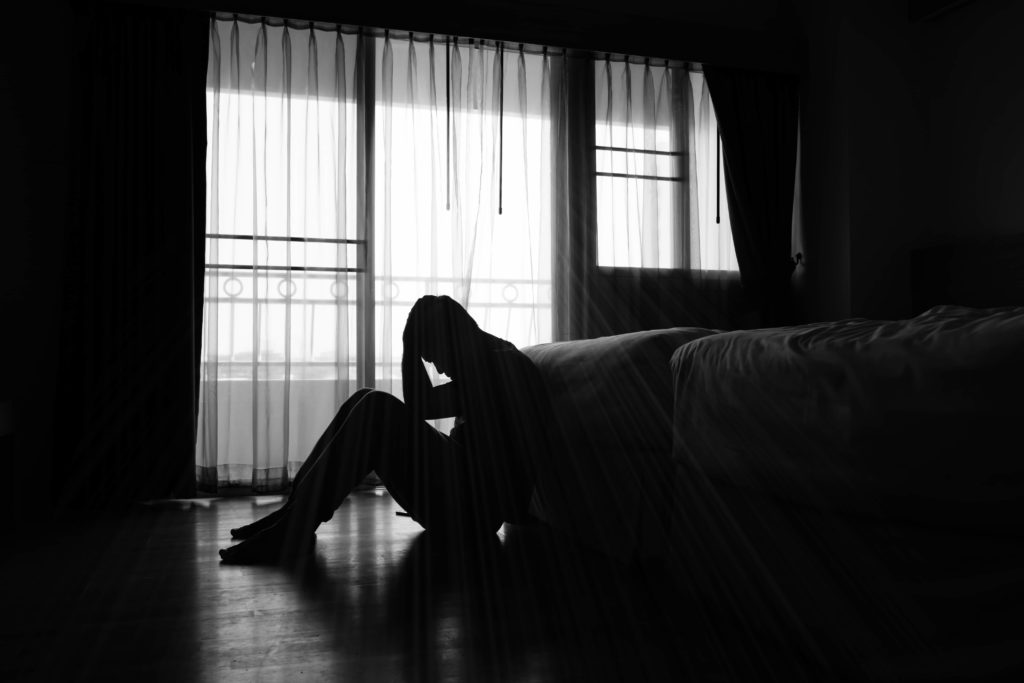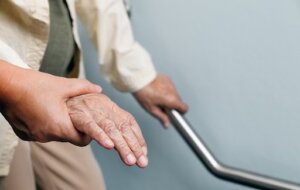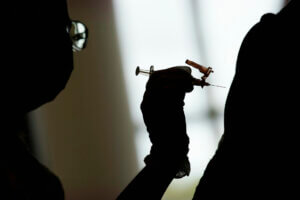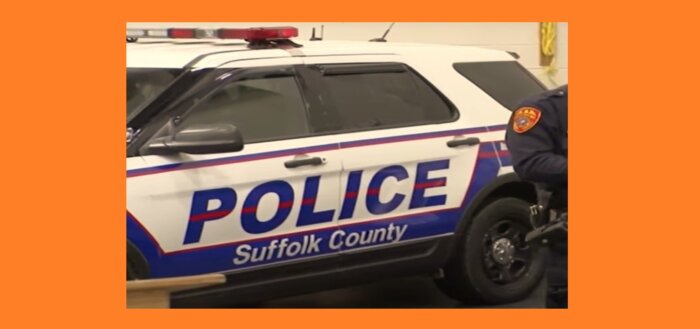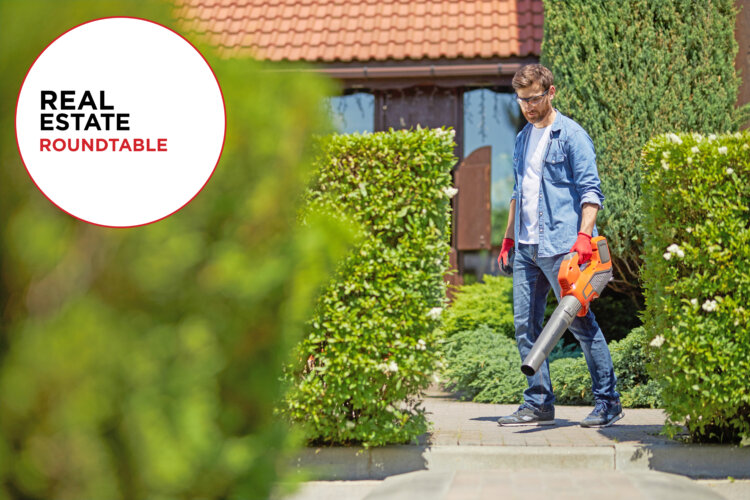In August 2018, Richie G. found himself depressed, full of fear, anxiety, and self-pity, despite being clean from drugs and alcohol for 16 years.
He had begun shying away from self-help meetings, his business went bankrupt, his house went into foreclosure, the bills were way behind, and he was borrowing money from whomever he could.
“I was so full of shame and guilt that I thought my only way out was to kill myself,” he tells the Press. “Suicide, I thought, was my only option to be rid of facing everyone and dealing with all the deception.”
Richie did not confide his feelings in anyone.
“I just kept going, as if everything was good,” he says. “If someone asked me how I was doing, my answer would always be the same … terrific. “
Richie says he believes God intervened in his life. One day as he was driving, and the suicidal thoughts became overwhelming, something compelled him to pull his car to the side of the road and call the National Suicide Prevention Lifeline.
“I wound up calling them on three different days and each time they helped me get through another day,” he recalls. “I will forever be grateful.”
Richie says he started making 12-step meetings regularly again in January 2020. Since then, he has had no thoughts about suicide and feels like he never left the self-help program.
“I’m at peace with all of my demons and progressing in my recovery one day at a time,” he says. “I now have an even bigger support group. I call more fellow members and help more newcomers than ever before. On September 3, 2020, I will have 18 years clean.”
He is not alone in his struggles.
A U.S. Substance Abuse and Mental Health Administration (SAMHSA) report shows that in 2018, more than 10 million adults aged 18 or older thought seriously about trying to kill themselves. More than 1.2 million Americans attempted suicide in 2018, according to the American Association of Suicidology; Of that, 48,344 completed suicide. The rate of suicide is highest in middle-aged white men.
That same year, 100 people in Suffolk and 90 in Nassau took their own lives.
Experts say substance use is the second most frequent risk factor for suicide; mood disorders and depression — which many are experiencing because of the coronavirus pandemic — are the most frequent.
Meryl Cassidy, executive director of Response Crisis Center, told the Press the 24/7 center has seen more than a 25 percent increase in calls and live “chats” from people expressing suicidal thoughts since the COVID pandemic began.
Cassidy, who also co-chairs the Suicide Prevention Coalition of Long Island, said the biggest increases were seen in their chat program, due perhaps to the increased privacy that chat offers while people are sheltering in place.
The National Suicide Prevention Lifeline routes calls to local centers. In Suffolk County, calls go to the Response Center Center and in Nassau they are sent to the Long Island Crisis Center (LICC).
Joe Walsh, the LICC’s director, suggested that people should be aware of the connection between addiction and suicide risk.
“Research tells us that those diagnosed with a substance use disorders have a suicide risk several times higher than the general population,” Walsh told the Press. “That is why we want people to know that it’s always okay to ask for help for themselves or for someone they love. No matter what issues someone may be facing … sometimes hope and healing begin with a single conversation.”
Suicide prevention advocates offer suggestions for those who think a loved one is experiencing suicidal ideation: talk to them in private, listen to their story, let them know you care about them, ask directly if they are thinking about suicide, and encourage them to seek treatment or contact their doctor or therapist. Avoid debating the value of life, minimizing their problems, or giving advice.
Richie G. hopes that sharing his experience will benefit others who are contemplating suicide.
“I would tell them what the Suicide Hotline people told me, which was ‘to open up to my loved ones — as hard as it might be — because the love that I’d get in return is so rewarding,’” he says.
HELP BOX
During times of uncertainty, it is important to practice self-care, experts say. Try not to listen to news about the coronavirus too much. Turn off the TV, do some deep breathing, listen to some music, take a walk, etc. If you need any support, crisis counselors are available 24/7 to provide free and confidential help.
National Suicide Prevention Lifeline 1-800-273-talk (8255) or text HOME to 741741 or for live chat visit suicidepreventionlifeline.org/chat
Long Island Crisis Center’s hotline 516-679-1111.
Response Crisis Hotline 631-751-7500.
If you or someone else is in any immediate danger, call 911 immediately.
American Foundation for Suicide Prevention website: afsp.org
Suicide Prevention Coalition of America website: preventsuicideli.org
Related Story: Drug Rehabs Help Battle Coronavirus Pandemic While Still Facing The Opioid Crisis
For more coronavirus coverage, visit longislandpress.com/coronavirus
Sign up for Long Island Press’ email newsletters here. Sign up for home delivery of Long Island Press here. Sign up for discounts by becoming a Long Island Press community partner here.



